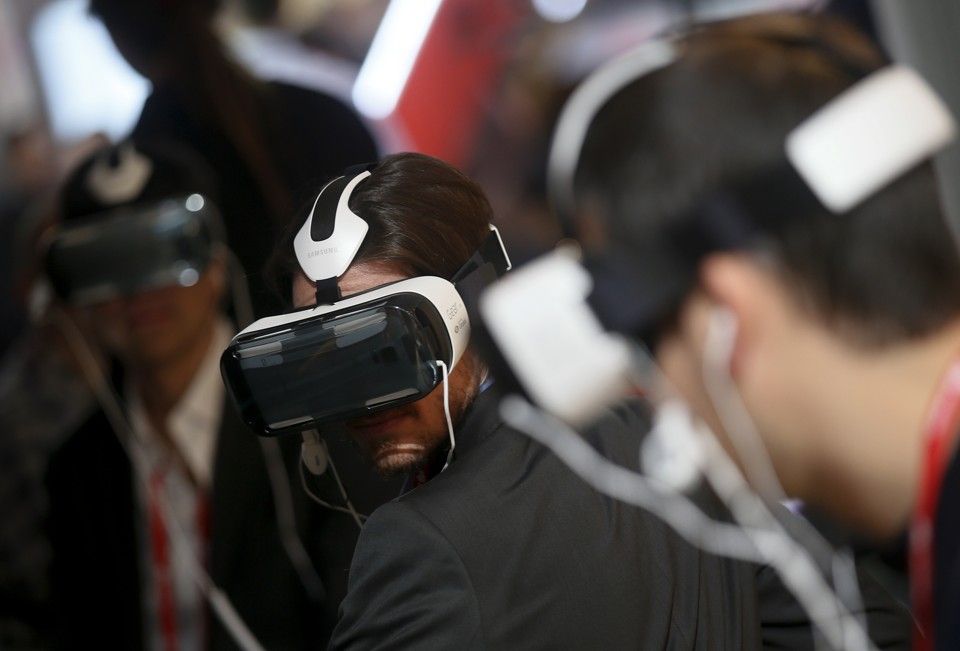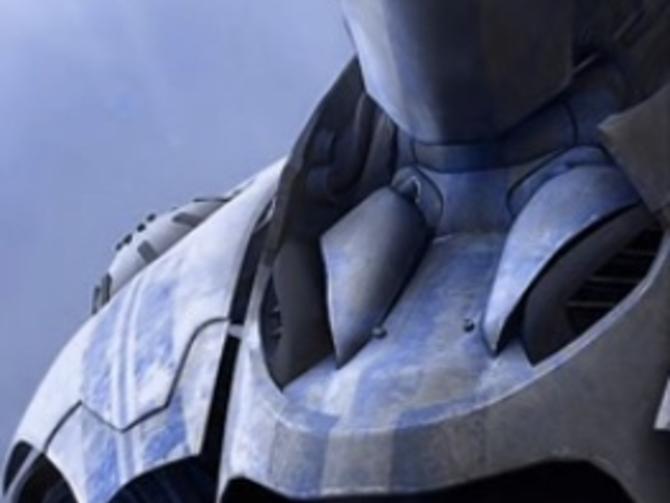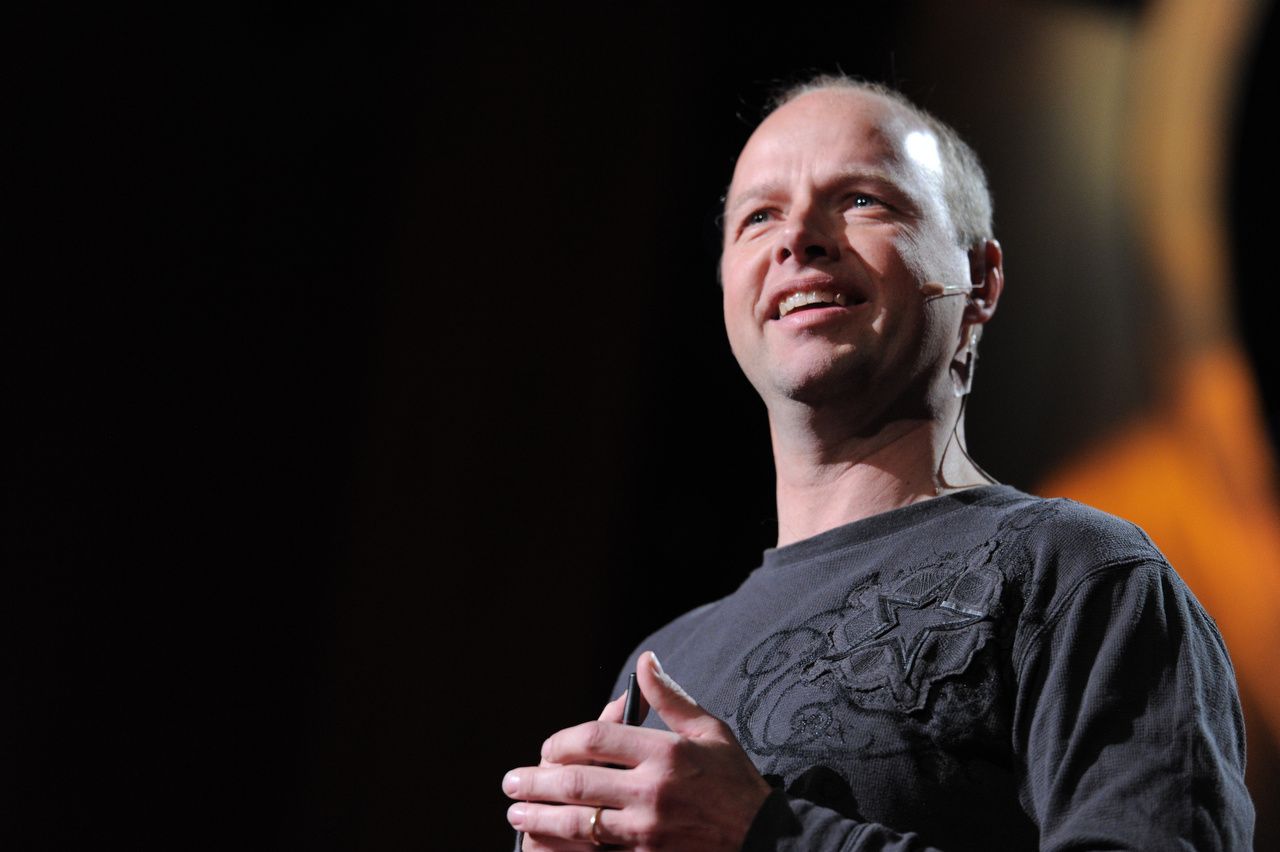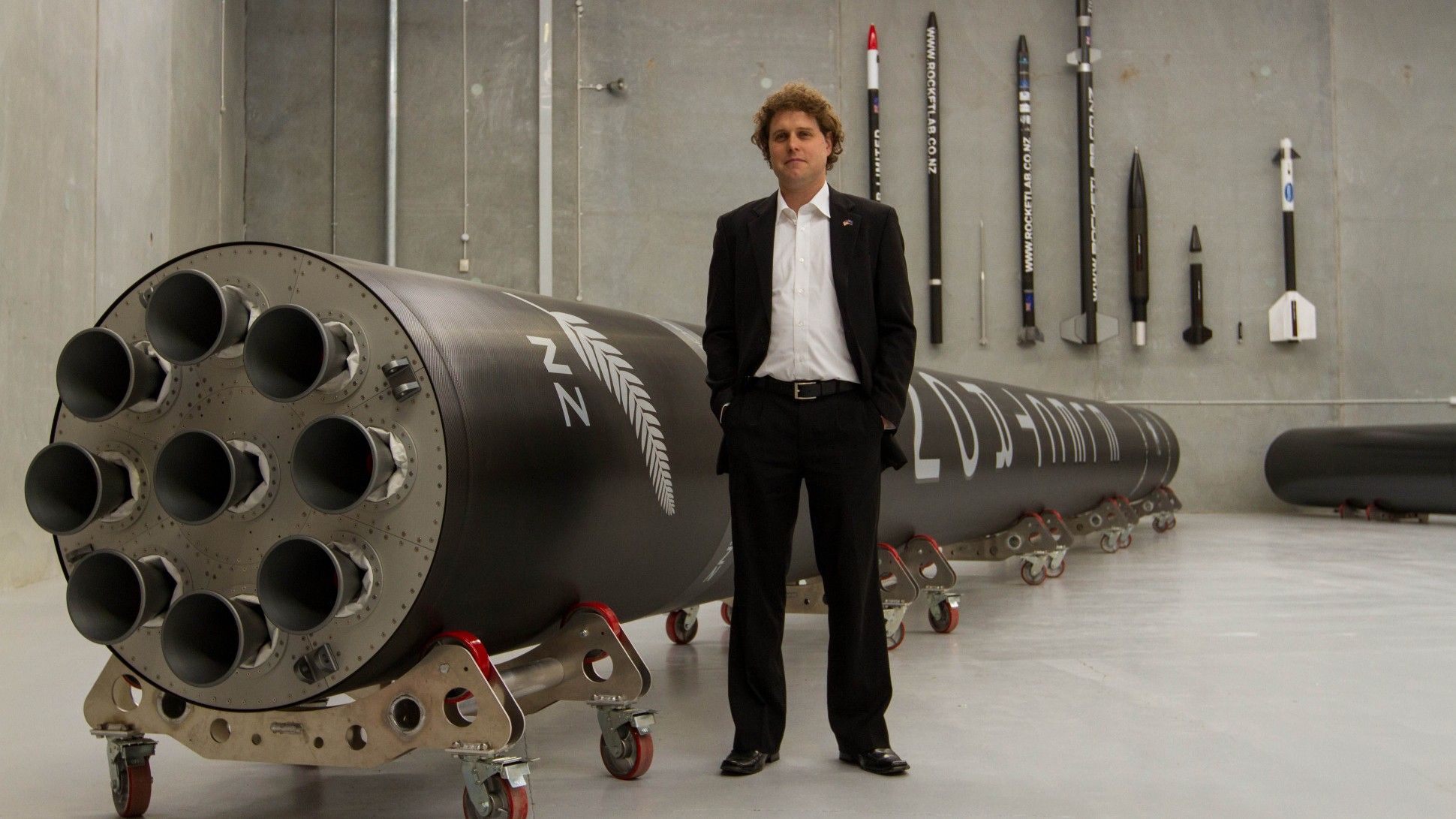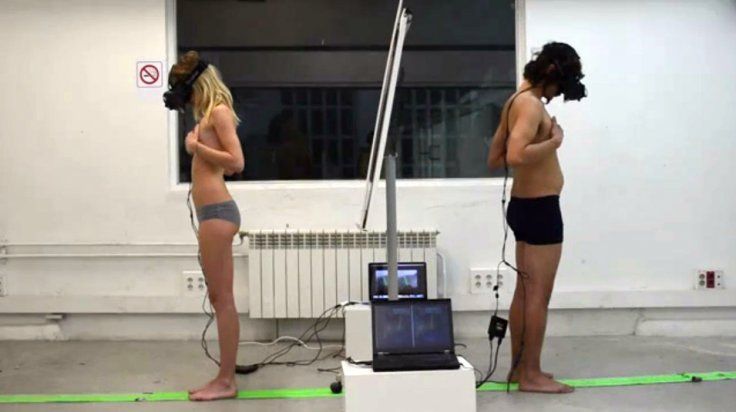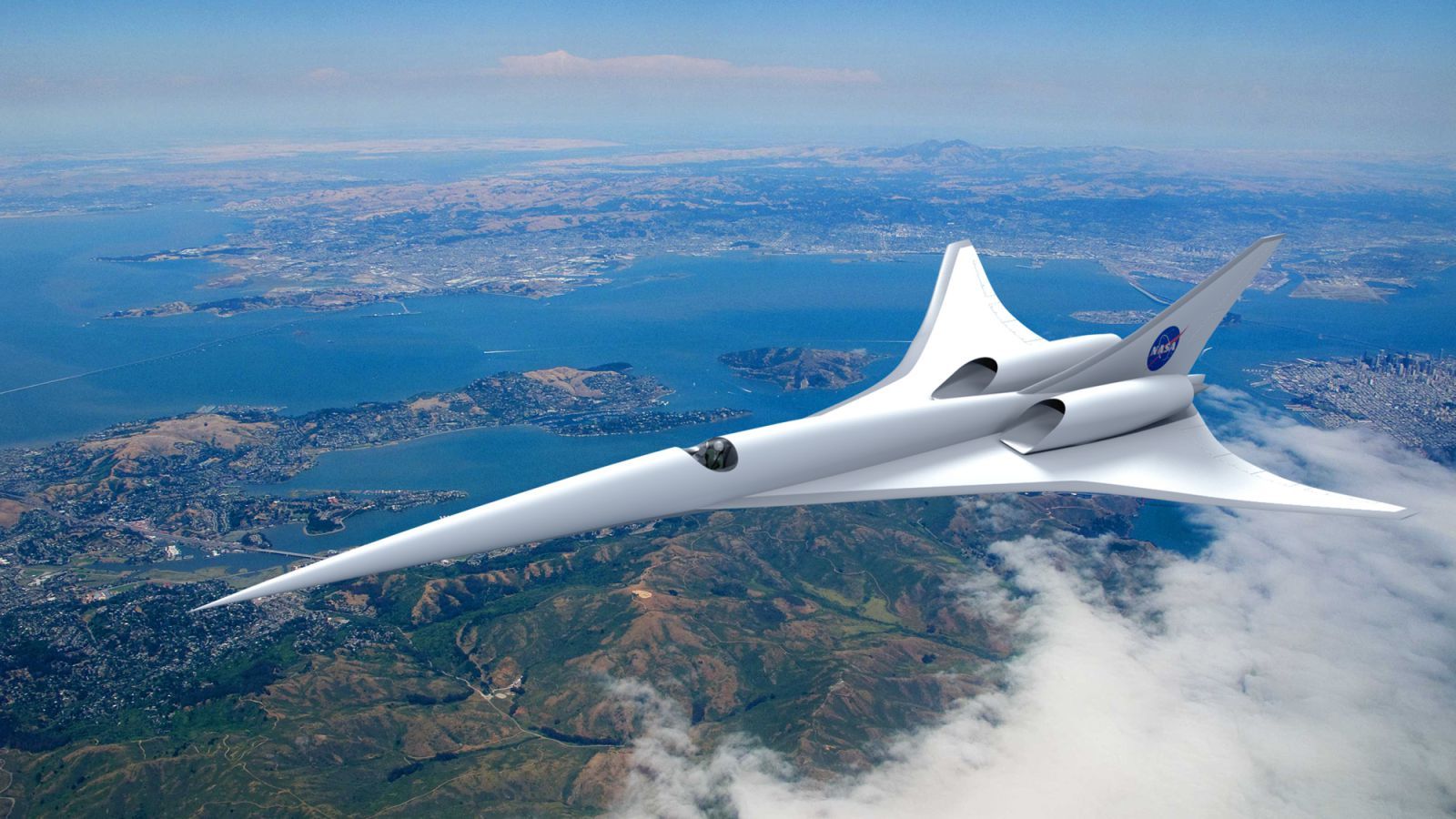Jun 10, 2015
Oculus Rift, Magic Leap, and the Future of Reality … By Ava Kofman | The Atlantic
Posted by Odette Bohr Dienel in categories: augmented reality, electronics, hardware, information science, innovation, media & arts, software, virtual reality
Vannevar Bush’s prediction, half a century later, rings true: “The world has arrived at an age of cheap complex devices of great reliability; and something is bound to come of it.”
